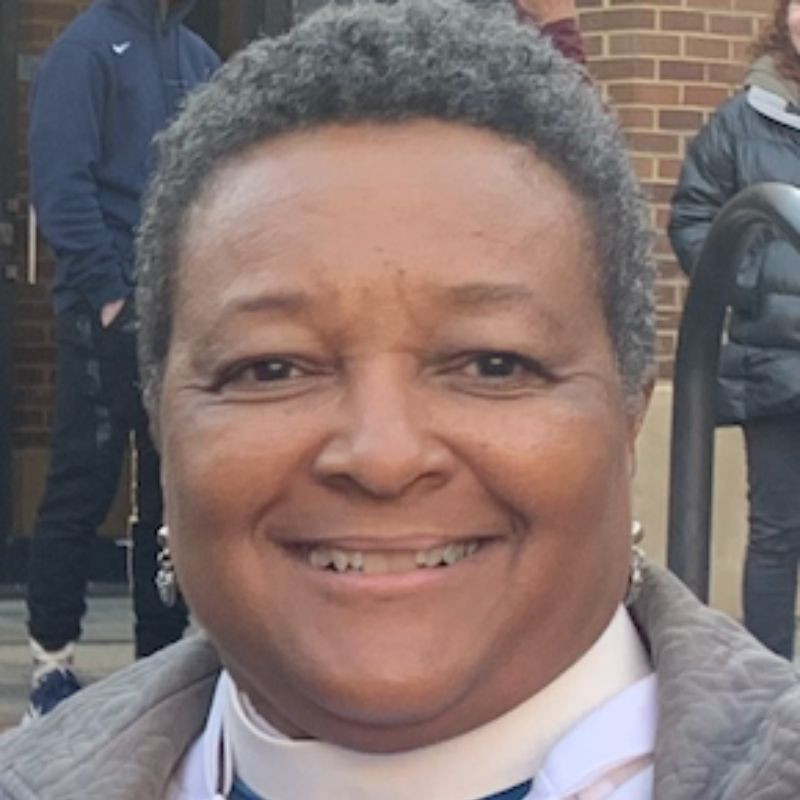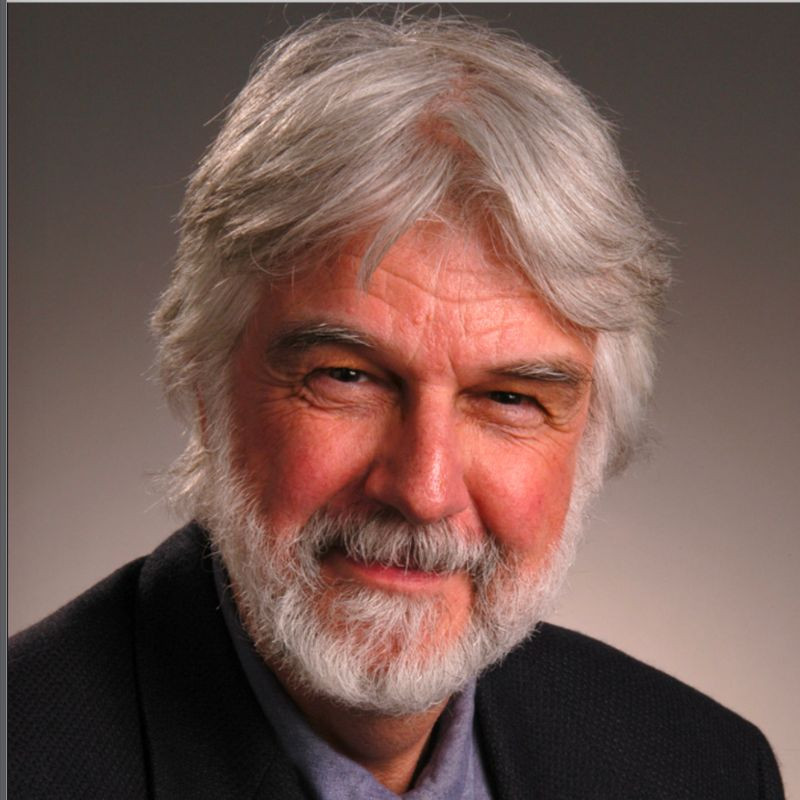Join Episcopal Divinity School for a screening of the powerful PBS documentary Here Am I, Send Me: The Journey of Jonathan Daniels, honoring the life and legacy of a modern Christian martyr who gave his life during the civil rights movement.
Jonathan Daniels, a New Hampshire native and seminarian at what was then Episcopal Theological School (now Episcopal Divinity School), was transformed by the movement for racial justice. After joining the NAACP in 1963, he answered the call of the Rev. Dr. Martin Luther King Jr. to march from Selma to Montgomery. His commitment led him to Hayneville, Alabama, where in August 1965 he was shot and killed while shielding 17-year-old Ruby Sales—who would later go on to study at EDS.
The 57-minute film, narrated by Sam Waterston and rich with archival footage and Daniels' own words, will be preceded by a 20-minute conversation:
-
The Rev. Deacon Carolyn Foster (host), co-chair of the Diocese of Alabama’s Commission on Truth-Telling and Racial Justice and longtime organizer of the annual Jonathan Myrick Daniels and the Martyrs of Alabama Pilgrimage in Hayneville, AL.
-
Lawrence Benaquist, the film’s producer, Professor Emeritus at Keene State College, and a scholar of film and American history.
This event is hosted in honor of the 60th anniversary of Jonathan Daniels’ martyrdom and in anticipation of this year’s pilgrimage on Saturday, August 9, 2025.
We invite you to witness a stirring reflection on Christian discipleship, moral courage, and the ultimate cost of standing for justice.
This event is co-hosted by EDS and the organizers of the Jonathan Myrick Daniels and the Martyrs of Alabama Pilgrimage.
-

The Rev. Deacon Carolyn Foster
The Rev. Deacon Carolyn Foster was born, raised, and educated in Birmingham, AL, attending historic A.H. Parker High School, Alverson Draughon Business College, and the University of Alabama at Birmingham. She grew up in Birmingham’s Smithfield neighborhood—an area known as Dynamite Hill during the turbulent 1960s due to frequent bombings targeting the homes of civil rights activists. These early experiences shaped her lifelong commitment to social justice and racial reconciliation. Ordained a deacon in November 2002, she also completed the Education for Ministry program at the University of the South in Sewanee, TN. Rev. Foster has worked diligently to challenge systems that perpetuate inequality, particularly through her longtime co-leadership of the Diocesan Commission on Race Relations and her facilitation of anti-racism workshops across the country. She believes deeply in the power of reconciliation and in fostering spaces where people from diverse walks of life can journey together toward shared understanding.
Rev. Foster has been a tireless advocate for people impacted by poverty, homelessness, HIV/AIDS, and systemic injustice. Her work has extended across ecumenical and interfaith lines, including her tenure as Executive Director of the Alabama Faith Council—a statewide coalition dedicated to social justice for those with the greatest needs and fewest resources. She currently serves on the staff of Greater Birmingham Ministries, where she builds bridges among churches, synagogues, and mosques, and is a chair of the Alabama Poor People’s Campaign, part of the national movement to revive the unfinished work of Dr. Martin Luther King, Jr. The Rev. Deacon Carolyn Foster is also a proud mother of one adult son and enjoys spending time with her family, reading, and listening to music.
-

Lawrence Benaquist
Lawrence Benaquist is Professor Emeritus, Keene State College, Keene, NH. Ph.D. In Renaissance Studies, author of a study of Christopher Marlowe's plays, documentary film director, founder of the Film Studies program at Keene State College. Visiting Professor at UCLA, USC, NEH Seminar Fellowship at Brown University. He has found several lost films from the early period of film, including one written by and starring Mary Pickford, a lost Alice Guy film, and a portion of a lost MGM early color musical, starring Laurel and Hardy. With colleague William Sullivan, he began work on the documentary on the life of Jonathan Daniels in 1990, which was released on PBS in 2003, with Sam Waterston as the narrator. This is one of several documentaries he has produced.